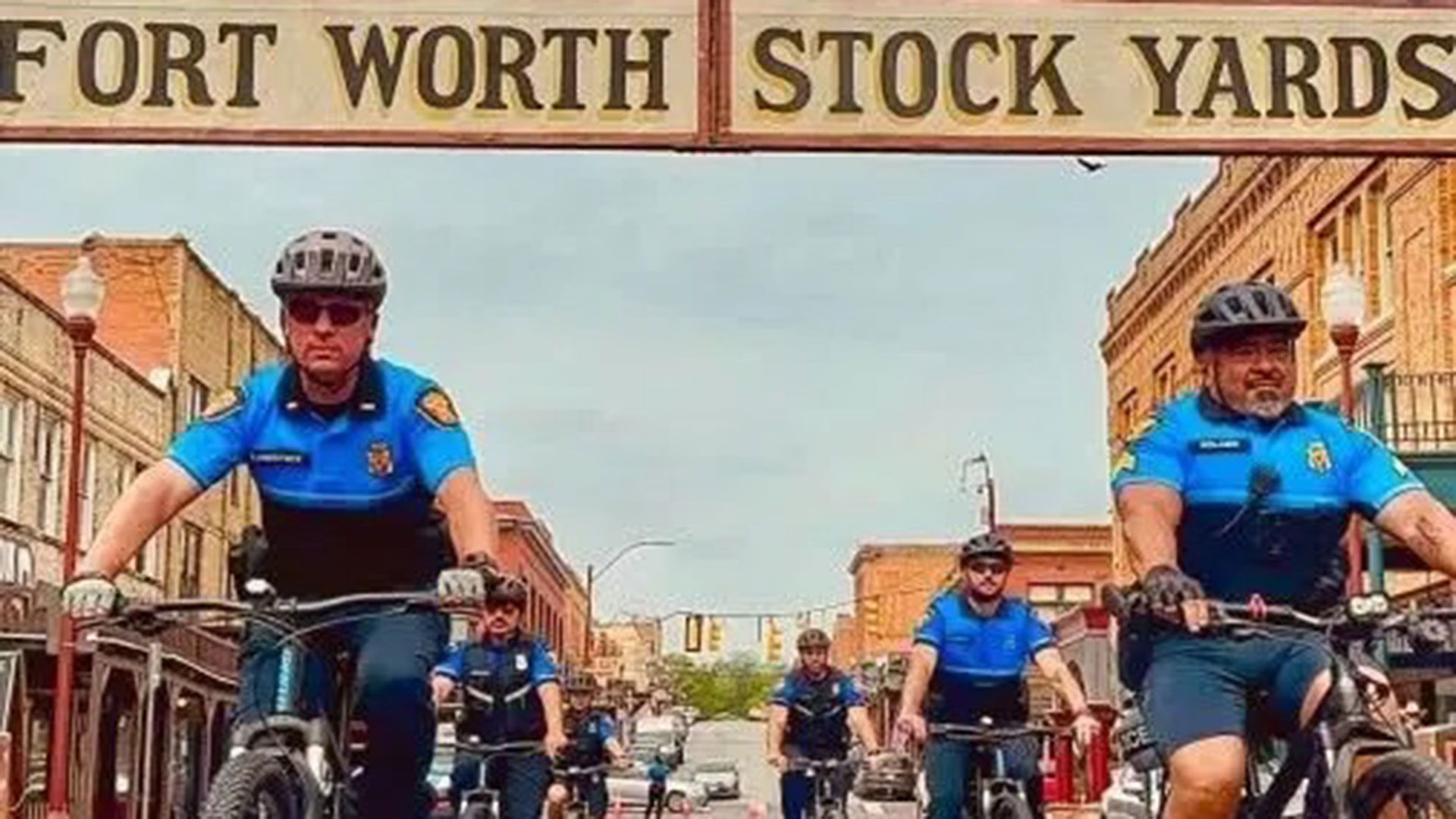There are thousands upon thousands of families in North Texas with no reliable way to connect to the internet. They're using cellphones or free WiFi at fast-food restaurants as they only way to educate their kids from home.
"It's a big problem. The new "haves and have nots" are the people who don't have connectivity," said Stephen Waddell, Education Professor at the University of North Texas in Denton. Waddell is a former superintendent in both Birdville and Lewisville ISDs.
"Before 2011, I was talking with phone and internet companies -- talking about putting umbrella's all across the district," said Waddell.
Just this year, Castleberry ISD is one of literally a handful of districts across the country that is doing it -- erecting cell towers on school property to connect all their students to the internet.
"Everyone's learning from each other on how to solve this problem," said Michael Hinojosa, Dallas ISD Superintendent.
Hinojosa first heard about Castleberry's towers by watching NBC 5. Dallas ISD already has cell towers on their school sites but didn't use them for their students. Wireless companies like AT&T pay the district rent to have the towers on school property to have better cell service across the area.
Some Dallas city leaders want the Dallas-based communications company to give back.
Local
The latest news from around North Texas.
“It’s a shame that the city that hosts the largest communications company in the world, AT&T, the largest communications company in the world, has a digital divide like we do in the city,” said Lee Kleinman, Dallas City council member.
Hinojosa says, cut AT&T a break.
"AT&T has met with my staff on a biweekly basis. It's some of the senior people at AT&T that are meeting with my team," he said.
In a statement to NBC 5, a spokesman for AT&T said:
"We understand distance learning is challenging for some families who are concerned about their children connecting with teachers when schools are physically closed. At the start of the pandemic, we provided 10,000 wireless hot spots to Dallas ISD students for distance learning. We’re eager to continue our relationship with school districts in North Texas and across the state to provide wireless and wired connectivity solutions to connect students to the online resources they need."
Hinojosa first announced a statewide initiative between private and public companies to get internet access in the hands of all students.
"We gotta find win-win solutions. We're all in this game together. They need to be able to make money. We have no argument with that, but let's see how we can all compromise," said Hinojosa.
Hinojosa wants a cell network, just like Castleberry, and says an engineering firm is working right now to figure out the best way to make it happen.
What he first thought may cost a whopping $30 million to do has now proved to cost even more -- well over $50 million, Hinojosa now says. But the city has pledged to help, and he's working with other community groups, state and federal leaders, to not only come up with the cash to do it but hopefully this school year.
"I'm not discouraged that we're not going to get this done by January. It's still a stretch goal but nothings told me it's not possible," said Hinojosa.
If his students can sit in a parking lot outside a McDonald's just to get an education, he says, they can work to stop talking about fixing this and get it done fast.



